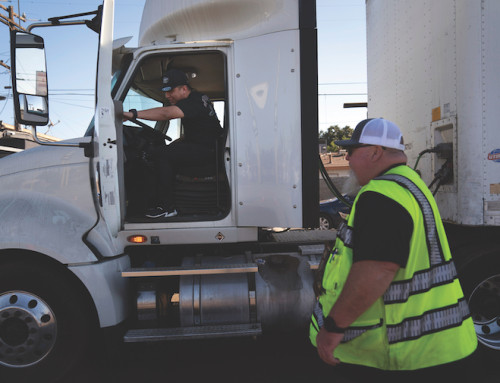Committee members in the Ohio House of Representatives Tuesday were to hear testimony in support of a bill that would allow Ohioans to execute a will and other estate-related documents electronically.
The bill’s Republican sponsor, Rep. D.J. Swearingen of Huron, suggested enacting one’s will ought not be any more difficult than banking online or undergoing a telehealth consultation with a doctor.
“It is hard to comprehend how much has changed in just the past 25 years,” the business attorney-cum-lawmaker told his peers during sponsor testimony during a Civil Justice Committee hearing of the bill. “We went from a world of landlines, beepers, fax machines and a little online bookstore called Amazon founded out of a garage.”
He said the rate at which technology has become a part of our daily lives has challenged lawmakers to keep up with the pace.
“It is our charge as lawmakers to recognize when technology can provide major benefits to our constituents, so we can update and modernize our statutes accordingly,” Swearingen added.
Ohio law currently allows residents to create estate-planning documents, such as wills, electronically. Statute, however, prohibits executing these documents online.
Rather, an individual must print the documents, find two disinterested witnesses and make an oath before a notary public at signing, he said.
“The current process is difficult, burdensome, and presents unnecessary and antiquated barriers impeding Ohioans from executing estate plans, particularly those with lack of means, limited mobility, or those with lack of access to reliable transportation,” Swearingen said. “It is also hardly ideal for those trying to comply with social-distancing guidelines or wishing to minimize in-person contact with strangers for health reasons during the pandemic. Ohioans are left with an impossible dilemma: risking their health by executing their estate plans in person or risking their families’ futures by not executing an estate plan at all.”
House Bill 339 would modernize and update the Ohio Revised Code, allowing Ohioans to sign, witness and notarize wills and other estate-planning documents entirely online via electronic and video documentation.
The bill would bring the estate-planning process in line with the benefits of modern-day technology, while maintaining and even enhancing the safeguards in place today, he said.
Swearingen cited the success other states, such as Nevada, Florida, Arizona, and Indiana, have enjoyed since implementation of similar legislation.
“In these states, people are able to meet with a licensed notary and witnesses via video conference so they can execute these important documents without needing to risk their health or their families’ futures,” he said.
HB 339 would not change or remove any of the safeguards currently in place for physical signing of estate planning documents.
“Witness or sound-mind requirements would apply to online execution just as they do with physical execution,” the lawmaker said. “We simply want to allow people to do the same physical signing ceremony online.”
Benefits include increased security and fraud prevention, expanded financial literacy and modernizing state code.
“With 70 percent of the nation’s population already able to execute their estate plans online, it only makes sense that we provide Ohioans with the same capabilities,” Swearingen said. “All Ohioans should have equal access to technology that allows them to create and execute documents which will safeguard their families’ futures.”










